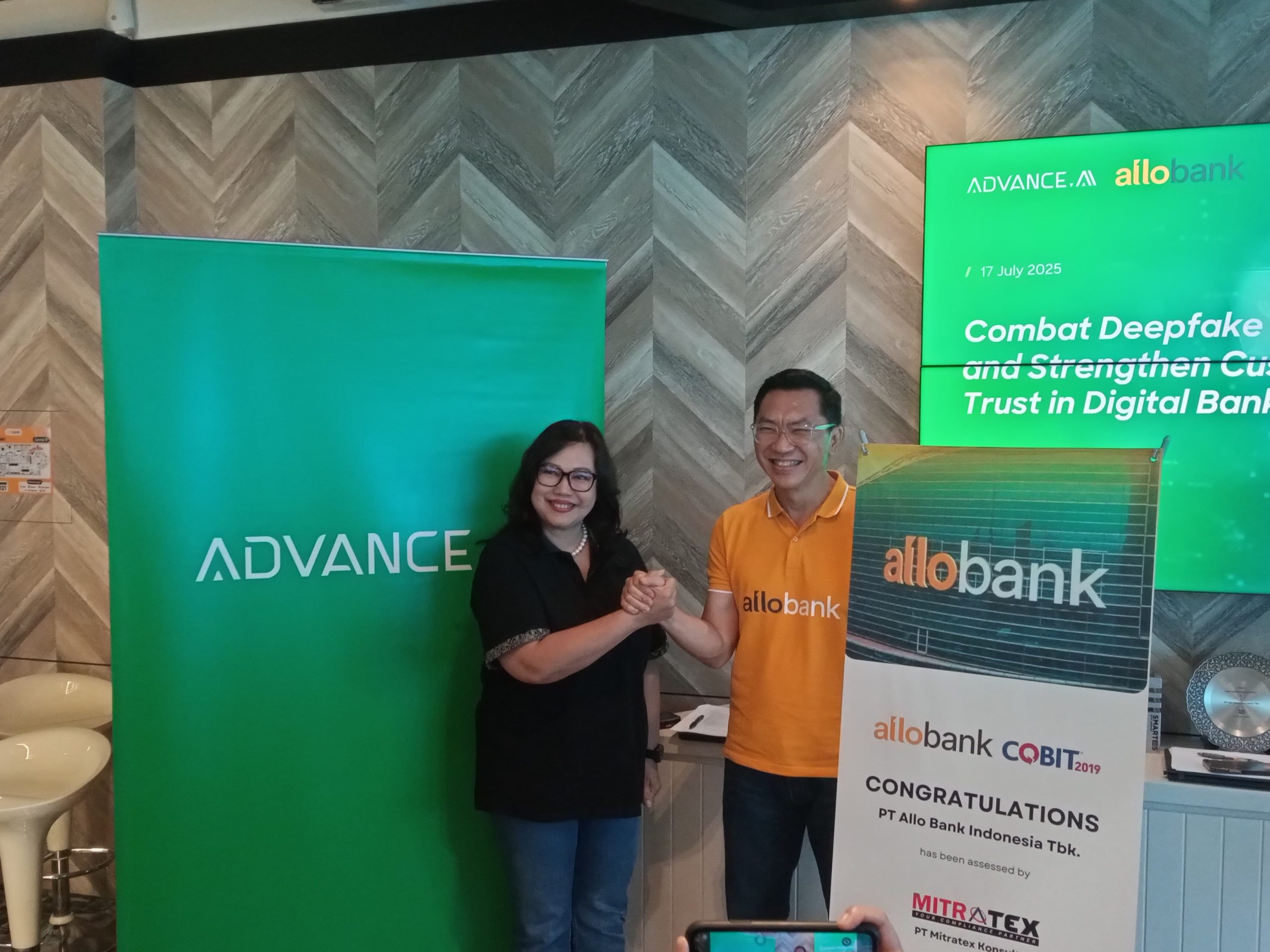As the financial services sector undergoes rapid digital transformation, the threat of deepfake technology is becoming more prominent. In Indonesia, Allo Bank has taken a proactive stance by partnering with Advance AI, a regional tech firm specializing in digital identity verification and fraud prevention. The collaboration aims to mitigate the emerging deepfake banking threat, which has grown more sophisticated and dangerous.
This strategic partnership reflects a broader shift in the banking industry toward leveraging artificial intelligence (AI) not just for operational efficiency, but for critical cybersecurity protection. With AI-powered deepfake content now capable of mimicking voices, altering video, and deceiving facial recognition systems, the need for advanced fraud detection systems has never been greater.
Understanding the Rise of Deepfake Threats in Banking
Deepfake technology, which uses AI algorithms to create hyper-realistic fake audio and video content, is no longer just a novelty or internet meme. In the financial sector, deepfakes are being exploited for fraudulent activities such as identity theft, synthetic identity creation, and social engineering schemes.
According to a report from Sumsub, a global identity verification company, deepfake fraud incidents in the financial sector increased by over 700% globally in 2023. In Southeast Asia, where digital banking adoption is accelerating, regulators and banks are increasingly concerned about the potential risks.
For banks like Allo Bank, which operate digitally without a widespread physical branch network, the risk is particularly acute. A single security breach involving deepfake technology could result in large-scale identity fraud and significant financial loss.
Allo Bank's Strategic Alliance With Advance AI
To stay ahead of the curve, Allo Bank has partnered with Advance AI, a Singapore-based company that offers AI-driven solutions across identity verification, risk analysis, and anti-fraud systems. Advance AI’s capabilities include liveness detection, document verification, facial recognition, and anomaly detection—all of which are designed to detect and neutralize deepfakes.
According to Allo Bank President Director Indra Utoyo, this collaboration represents a major milestone in the bank’s digital risk management efforts. The AI systems will be integrated into Allo Bank’s digital onboarding and customer verification processes, helping ensure that only legitimate users can access banking services.
The solution will also help flag unusual activity in real time, improving the bank’s fraud prevention capabilities. By leveraging AI for cybersecurity, Allo Bank aims to protect both individual users and the overall trust in Indonesia’s financial system.
Implications for the Broader Banking Sector
Allo Bank is not the only financial institution exploring AI to address the deepfake banking threat. Globally, major banks such as HSBC, JPMorgan, and DBS have begun investing in deepfake detection tools. In Indonesia, the Financial Services Authority (OJK) has also raised concerns about the growing misuse of AI in financial fraud.
This move by Allo Bank may encourage other digital banks in the region to follow suit, particularly as regulators begin to expect higher standards of digital due diligence. Moreover, partnerships between financial institutions and AI companies could become the norm, rather than the exception, in the next phase of banking evolution.
The collaboration is also in line with Bank Indonesia's ongoing push to strengthen digital finance infrastructure and build public trust in cashless systems. If successful, Allo Bank's approach could serve as a model for other players in Southeast Asia’s burgeoning fintech ecosystem.
The Role of Regulatory Oversight and Industry Collaboration
To successfully counteract deepfakes in banking, technology alone is not enough. Regulatory frameworks must evolve to support rapid deployment of anti-fraud tools while protecting user privacy. In Indonesia, the OJK and Kominfo have begun working with fintech and banking associations to formulate guidelines on biometric security, digital KYC (Know Your Customer), and AI ethics.
Furthermore, industry collaboration will be crucial. Financial institutions, technology providers, and cybersecurity experts need to share threat intelligence and develop joint standards for deepfake detection. Public-private partnerships may also play a role in building national-level fraud prevention databases powered by AI.
By proactively integrating cutting-edge tools like Advance AI into their systems, institutions such as Allo Bank are not only future-proofing their operations but also contributing to the security and sustainability of the broader financial ecosystem.
A Call to Action for Digital Banks
The partnership between Allo Bank and Advance AI sends a clear message: the era of reactive cybersecurity is over. Digital banks must now anticipate emerging threats and take proactive steps to safeguard their users.
Key elements of an effective digital bank security strategy should include:
- Multi-layered identity verification systems
- Real-time anomaly and liveness detection
- Regular AI model updates to detect new fraud tactics
- Transparent collaboration with regulatory authorities
With threats evolving quickly, complacency is not an option. For digital-first banks in Indonesia and across Asia, adapting early to combat the deepfake banking threat could be the difference between resilience and reputation risk.
Conclusion: Securing the Future of Digital Finance
As Indonesia continues its journey toward a more connected and inclusive digital economy, protecting that progress requires innovative thinking and bold collaboration. Allo Bank’s alliance with Advance AI is an important step in that direction, showcasing how banks can harness the power of AI for good.
By addressing the deepfake banking threat head-on, Allo Bank is not only protecting its customers but also helping set the standard for what secure digital banking should look like in 2025 and beyond.
As financial services grow more digitized, the lessons from this partnership will resonate widely: advanced threats demand advanced solutions, and those who act now will shape the future of safe, secure banking.
Read More






 Thursday, 29-01-26
Thursday, 29-01-26







